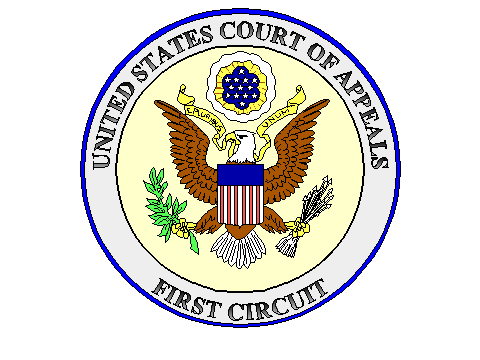MASSACHUSETTS Court of Appeals: 1st Circuit Addresses Due Process Rights in Title IX Hearings
As colleges and universities continue to grapple with how to handle Title IX disciplinary proceedings, yet another federal court has weighed in on the due process protections that should be afforded to college students accused of sexual assault. In August, the First Circuit concluded in Haidak v. University of Massachusetts-Amherst that the University of Massachusetts violated a former student’s due process rights by suspending him for five months without proper notice and a fair hearing… In its decision, the First Circuit agreed that the suspension was improper, as Haidak had not been afforded adequate due process protections, such as proper notice and a hearing. This was not the end of the inquiry though, as the First Circuit also squarely addressed the fairness of the subsequent expulsion proceeding. The court also considered the key question of whether the accused has a right to personally cross-examine his accuser, ultimately agreeing that the tenets of fairness and due process demand that some opportunity for reasonably adequate real-time cross-examination be provided to an accused student. However, the First Circuit stopped short of saying that an accused student has an absolute right to first-hand cross-examination of the accuser, concluding that examination through a hearing panel, as was the case in Haidak, is sufficient.
The decision in Haidak is consistent with the First Circuit’s earlier decision in Gorman v. University of Rhode Island, which had concluded that the “right to unlimited cross-examination has not been deemed an essential requirement of due process in school disciplinary cases.” Since the right is not unlimited, the court in Haidak concluded that it is sufficient to permit questioning by a hearing panel, as the court was not convinced that the person doing the confronting must be the accused student or the student’s representative.
The First Circuit’s decision in Haidak is therefore at odds with the Sixth Circuit’s decision last year in Doe v. Baum, which ruled that the University of Michigan had to provide for direct cross-examination by the accused or his or her representative in all cases turning on credibility determinations. This difference in outcome has created a circuit split, which is often an important criterion for U.S. Supreme Court review, thus making it more likely that the Court may take this issue up in the future to resolve any difference of legal opinion with respect to the important question of due process rights under Title IX hearings and the extent of an accused student’s right to question an accuser. At least for now, in the First Circuit, questioning by a hearing panel is sufficient, while in the Sixth Circuit, questioning must be allowed by the accused or a representative.
jdsupra-Shipman & Goodwin LLP

